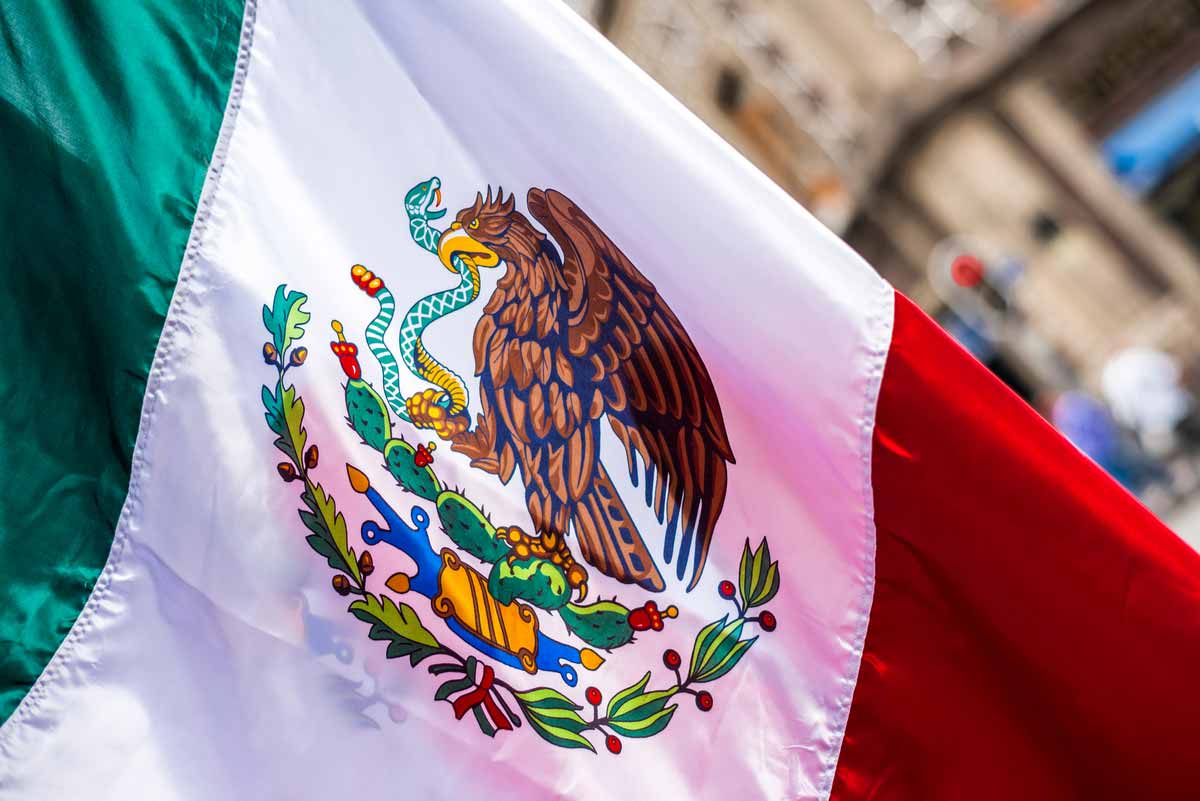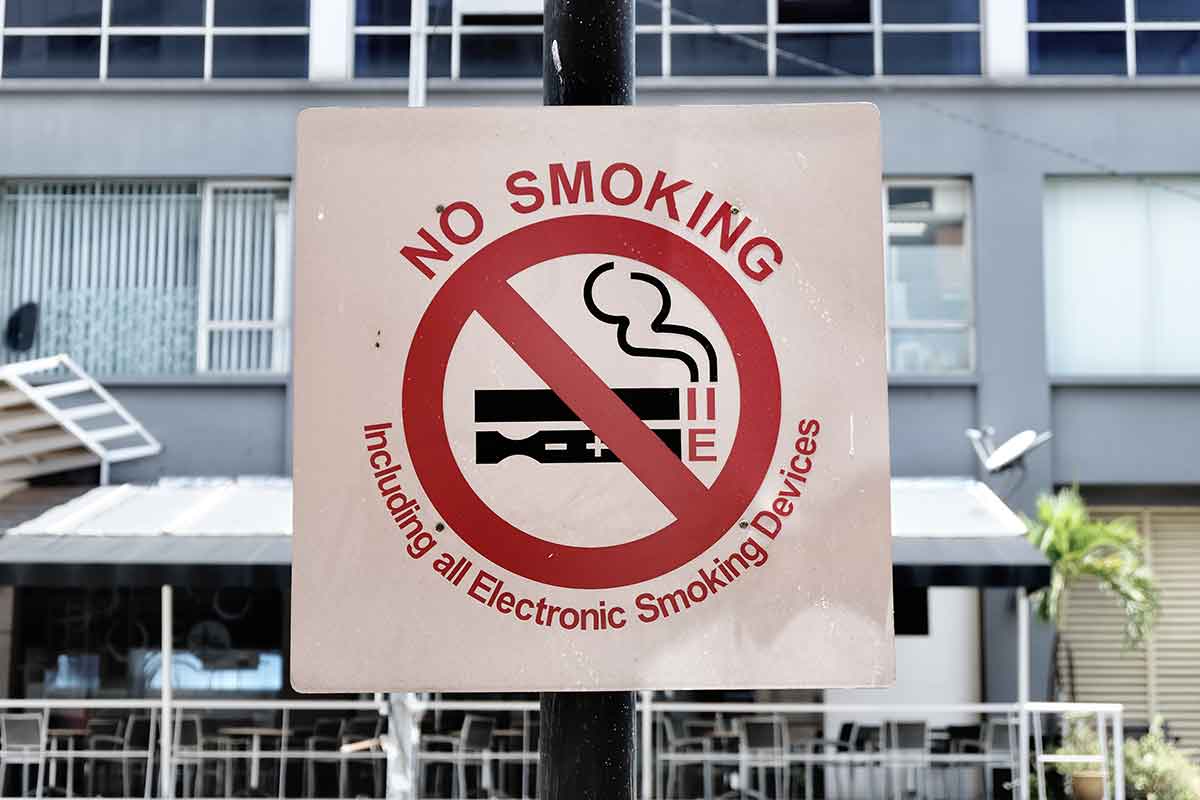- Resources
- News
-
-
Get Email Updates
Sign up for STOP's emails and never miss an update on our latest work and the tobacco industry's activity.
-
Get Funding
Ready to tackle industry interference? You could be eligible for a grant.
-
Share a Tip
Do you have information on tobacco industry misconduct in your country? Let us know.
-
Get Email Updates
Sabotaging Policy
April 28, 2021

When the tobacco industry intensifies its policy interference in a given country, the government, civil society organizations and local advocates have to innovate. They must implement new counter-measures to quell the aggressive tactics the industry uses to delay or block policies that could reduce smoking and addiction.
And when one country innovates, other countries can benefit. Introducing a new regulation in one country could spark the adoption of similar regulations in another facing a related industry interference problem. After all, industry interference tactics, and ways to fight them, sprout up all over the world.
That’s why a new, close look at industry tactics in Mexico and the resulting tobacco control recommendations is important and relevant to countries across the globe.
How the tobacco industry is interfering in Mexico today
A set of recently published investigative journalism pieces by Ethos Laboratorio de Políticas Públicas* argues that the industry is highly active in Mexico—spanning efforts to fight taxes, addict a new generation and more.
- Los Influencers de la Nicotina (The Nicotine Influencers) claims that the industry has taken advantage of loopholes and omissions in tobacco control legislation when it comes to advertising novel products as “reduced risk” via influencers and celebrities.
- Tabacaleras Apoyan El #Quédateencasa… Pero Fumando (Tobacco Companies Support #StayAtHome… But Smoking) alleges that the industry took advantage of e-commerce options throughout pandemic lockdown periods to promote its new products.
- In Falsas Terrazas: Territorio de Humo y Covid-19 (Misleading Terraces: Terrain for Smoke and COVID-19), researchers explore Mexico City’s ban on smoking in outdoor bar and restaurant spaces and the uneven regulation of smoke-free spaces.
- La ‘Jugada Maestra’ de Las Tabacaleras (The Tobacco Companies’ “Masterstroke”) provides an exhaustive analysis of the industry’s efforts to minimize tax increases in Mexico over the past decade.
- And finally, Las Ocultas Conexiones Entre La Industria Del Tabaco y Los Voceros a Favor Del Vapeo En México (The Hidden Links Between the Tobacco Industry and Pro-Vaping Advocates in Mexico) alleges that there are under-the-radar ties between Mexico’s most influential pro-vaping groups and the tobacco industry. It also reveals industry allies that are operating in other countries. Watch the accompanying video in Spanish with English subtitles.
Tobacco control recommendations for Mexico—and beyond
Though these investigations present and analyze the industry’s tactics in the context of Mexican governance, a through line in all of these pieces is the lack of transparency and accountability. The inability to clearly see the actions of the tobacco industry and with whom it is partnering may be one of the reasons that tobacco control in Mexico doesn’t fully comply with the World Health Organization Framework Convention on Tobacco Control (FCTC), even though the country was the first in the Americas to ratify the treaty back in 2004.
To increase transparency and accountability in Mexico, researchers from Ethos assembled a set of recommendations that were presented to government policymakers and stakeholders in March 2021 (see the full set of recommendations in Spanish and in English). While the recommendations are based on Mexico’s regulatory framework, they are measures that could potentially help advance tobacco control in other countries, as well.
The recommendations are organized to promote adherence to the FCTC, and to address three key areas of interference: regulatory capture (i.e. direct work to influence public policy), public opinion (i.e. promoting a positive image of the industry and negative messaging about tobacco control) and confrontation (i.e. direct economic, political or legal attacks).
Here are just a few of the many highlights that, if implemented, could help bring Mexico’s tobacco control laws in line with the FCTC and, ultimately, save lives.
Regulatory capture
- To combat lobbying of government agencies, clearly define what a “necessary interaction” is, as well as steps to follow in the event of an “unnecessary interaction.”
- To fight legislative lobbying, designate an independent body as an authority that will monitor compliance and that has the legal power necessary to apply sanctions and fines when needed.
- To curb hidden conflicts of interest, it should be mandatory for all legislators to publicly disclose conflicts of interest on a national digital system.
- To expose political financing, monetary and other benefit relationships between the industry and public officials, candidates, political parties and other partisan groups should be available through public records.
- To prevent undue influence, apply administrative sanctions on parties that receive political financing from the industry or its allies.
Public opinion
- To engage civil society in the fight for tobacco control, develop an awareness-raising strategy. Ethos reports that “the issue of tobacco control in Mexico is not usually present either in political discourse or among civil society,” and that a strategy is needed to counter manipulation and involve the general public.
- To negate the benefits of so-called corporate social responsibility (CSR), sanction the industry for such activities.
- To reduce public influence, sanction influencers and celebrities who advertise tobacco, report their accounts and demand they be suspended from their social media platforms.
- To preempt misleading industry messaging about novel products, raise awareness that “reduced risk” tobacco and nicotine products are not “safe” and that health risks still exist.
- To increase transparency, require tobacco companies to disclose payments to public relations agencies.
Confrontation
- To ensure judges can make balanced decisions in the event of litigation, ensure they are aware of the irreconcilable conflict of interest between the tobacco industry and public health, and are educated on the evidence of the effectiveness of tobacco control policies.
- To place the order of rights in perspective, tobacco control policies should be presented as part of the State’s commitment to protect the right to health. Further, disseminate previous judicial precedents for tobacco control so judges are up-to-date on decisions that prioritized the right to health over other rights.
Moving forward
The future will reveal the extent to which these recommendations are taken up in Mexico. Had they already been in place, perhaps the Mexican parliament would have already approved the recently proposed Tobacco Control Act amendment.
Until then, they provide inspiration for all countries engaged in the ongoing fight against the tobacco industry’s attempts to maximize its profits at the cost of human lives.
*Made possible by a grant awarded by the International Union Against Tuberculosis and Lung Disease (The Union), a partner in STOP


